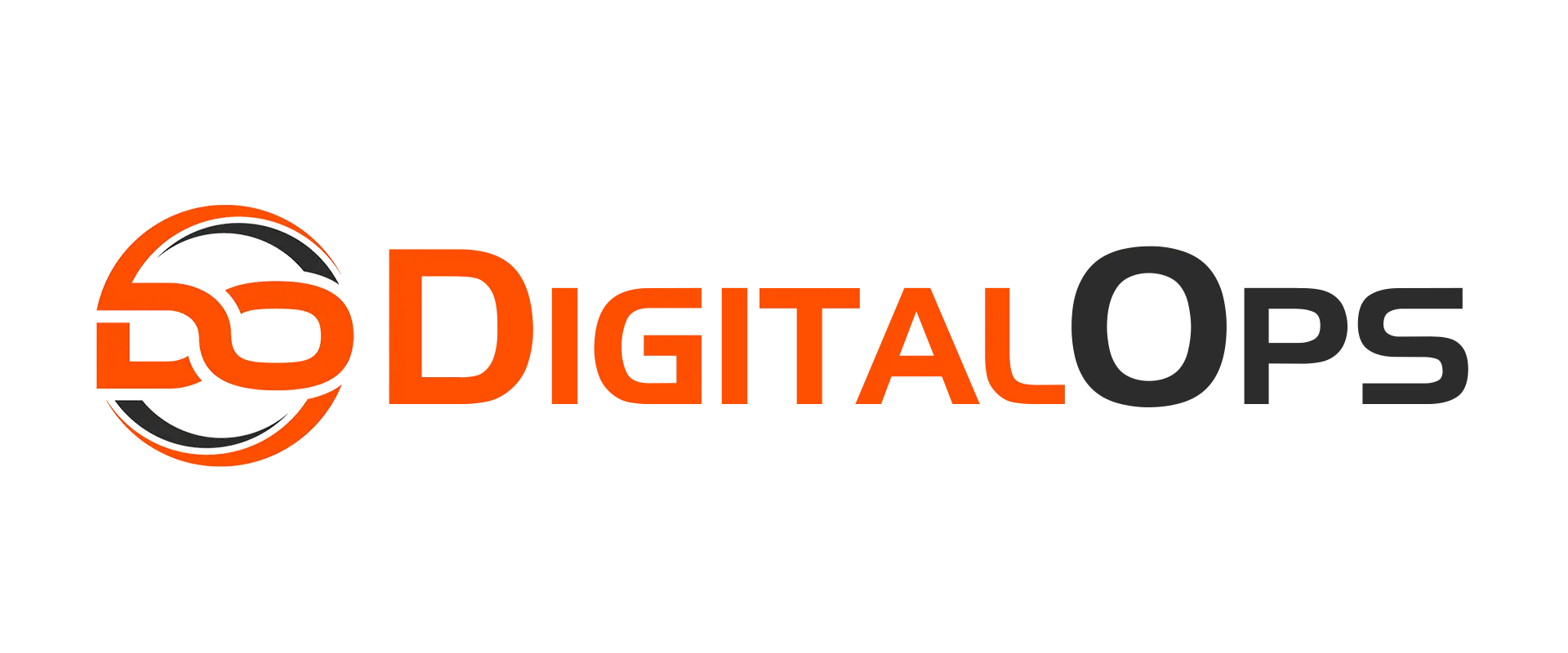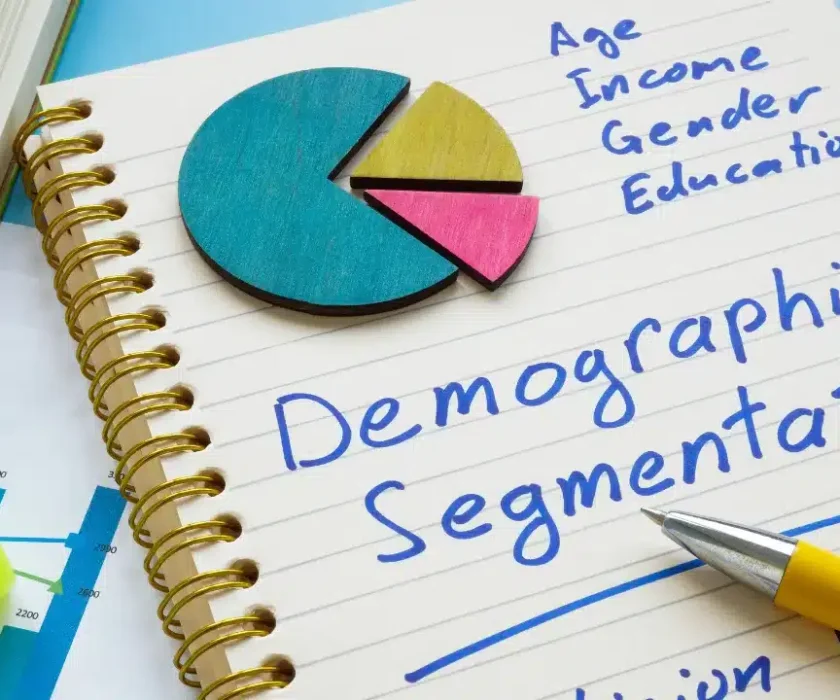Table of Contents
ToggleBeyond Manual Labour: The Era of the Algorithmic Agent
The traditional model of a digital marketing company in India is fundamentally broken. For decades, agencies have sold “manual labour”—counting the number of posts made, the number of emails sent, and the hours spent on “optimization.” But in an era where AI and machine learning move at millisecond speeds, manual labour is no longer an asset; it is a bottleneck.
At DIGITALOPS, we believe the role of a modern digital marketing company in India is to build an “Invisible Salesman.” This is a self-sustaining, automated engine that identifies, educates, and closes leads while your team focuses on high-level strategy. To scale in the Indian market, you don’t need more staff; you need better systems.
Problem: The “Linear Growth” Trap in Indian Enterprises
Most Indian businesses face a common scaling wall: to double their leads, they believe they must double their marketing budget or double their sales team. This is Linear Growth, and it is mathematically unsustainable in a high-CAC (Customer Acquisition Cost) environment.
Why It Happens:
This happens because of a reliance on “High-Friction Funnels.” If a lead fills out a form and has to wait six hours for a human to call them back, the “Intent Decay” is massive. In India’s hyper-competitive landscape, if you aren’t first, you are forgotten. Human-led systems cannot compete with the 24/7 expectations of the modern consumer.
Common Mistakes in Manual Marketing:
- The “Leaky Bucket” Syndrome: Spending lakhs on Google Ads to drive traffic to a site that has no automated, immediate follow-up.
- Human-Dependent Qualification: Relying on a salesperson to “judge” if a lead is good. Humans have bias, bad days, and inconsistent energy; automated systems do not.
- Inconsistent Messaging: When multiple people handle different fragments of your social media and ads, your brand voice fragments, leading to a loss of trust.
The Solution: The “Invisible Salesman” Architecture
An Invisible Salesman is not a single tool; it is a Closed-Loop System. As a leading digital marketing company in India, DIGITALOPS builds this architecture using three core pillars: Identity, Education, and Closing.
Pillar 1: Automated Identity (The Radar)
The first job of your invisible salesman is to know who is “in the room.” Most websites only track people who fill out forms (usually less than 3% of traffic).
- The Strategy: Use De-anonymization Tools and behavioral triggers. If a user visits your pricing page three times in 48 hours, the system should automatically flag them as “High Intent.”
- Causal Link: Identifying intent before the form fill allows you to show targeted ads to the right person at the right time, reducing wasted ad spend by up to 40%.
Pillar 2: Automated Education (The Nurture)
In the Indian market, the “Trust Gap” is high. Customers need significant proof before they commit.
- The Strategy: Use Dynamic Content Sequencing. If a user clicks on a link about “SEO,” the system should only send them SEO-related case studies and technical breakdowns for the next seven days. This is “Hyper-Personalization at Scale.”
Pillar 3: Automated Closing (The Handshake)
The final stage is removing the friction of the “Buy” or “Book” decision.
- What to do: Integrate automated scheduling (Calendly/Custom APIs) and WhatsApp-native checkout bots.
Deep-Dive: The 5 Stages of Automation Maturity
To be the best digital marketing company in India, an agency must move a client through these five specific stages. Most agencies get stuck at Stage 1.
- Stage 1: Basic Triggering. (e.g., “Send an email when a form is filled.”) This is the bare minimum.
- Stage 2: Behavioral Segmentation. The system tracks what they read and changes the content accordingly.
- Stage 3: Multi-Channel Synchronization. The “Invisible Salesman” follows the user from LinkedIn to Email to WhatsApp without repeating the same message.
- Stage 4: Predictive Scoring. The system predicts which leads will close based on historical data patterns.
- Stage 5: Autonomous Optimization. The AI begins to swap out ad headlines and email subject lines on its own to increase the yield.
The DIGITALOPS Attribution Model: Proving the Asset
One reason companies fail to see marketing as an asset is poor measurement. We use Fractional Attribution to prove the “Invisible Salesman’s” worth.
Instead of saying “Google Ads gave us this lead,” we show the journey:
- Discovery: Google Ad (Introduction).
- Engagement: Downloaded Whitepaper (Automated Nurture 1).
- Reinforcement: Seen LinkedIn Retargeting (Automated Nurture 2).
- Conversion: Booked call via WhatsApp bot (The Handshake).
By mapping this, DIGITALOPS proves that the “Invisible Salesman” did 80% of the work before a human ever picked up the phone.
Decision Logic: How to Evaluate Your Current Growth Engine
If you are vetting a partner, ask them to map your “Logic Gates” rather than just showing you a creative portfolio.
The “If-This-Then-That” (IFTTT) Logic Gate:
- Scenario: A user downloads your whitepaper but doesn’t book a call.
- Legacy Company Logic: “We will put them on a list and call them next week.” (High friction, low success).
- DIGITALOPS Logic: “The system triggers a 30-second personalized video via WhatsApp 15 minutes later, followed by a targeted LinkedIn connection request from the founder.” (Low friction, high success).
Red Flags: When Automation Becomes a Liability
- Don’t Automate Bad Processes: If your current sales script is failing to convert, automating it will only help you fail faster. Fix the logic first.
- Don’t Ignore the “Human Safety Net”: Automation should handle 80% of the heavy lifting, but it must have a “fail-safe” where a human can step in for complex, high-emotion queries.
- Don’t Use “Black Box” Bots: If you cannot see the logic behind why a bot gave a specific answer, you do not own your asset.
Winning the Zero-Click Battle
The choice for any ambitious brand is simple: you can continue to “rent” the time of a traditional digital marketing company in India, or you can “invest” in a digital asset that you own. At DIGITALOPS, we don’t just run ads; we build the infrastructure of your future growth.
By removing the human bottleneck and replacing it with algorithmic precision, you ensure that your brand is always active, always relevant, and always closing. This is the difference between a marketing expense that disappears and a marketing asset that compounds. In the high-volume future of the Indian market, an “Invisible Salesman” is the only way to scale without breaking your budget.
Strategic Intelligence: Frequently Asked Questions
Why should a brand treat digital marketing as an asset?
Because an asset appreciates over time. When you build first-party data, topical authority, and customer trust, the cost of your future acquisitions decreases, creating a compounding financial advantage over competitors who remain reliant on paid "rental" traffic.
How does DIGITALOPS differ from a traditional digital marketing agency in India?
We operate on a Performance-as-an-Asset framework. While others focus on creative output, we focus on Capital Efficiency, using a "Plan, Execute, Optimize" cycle to ensure every rupee spent is documented and attributed to revenue growth.
Is SEO still an asset in the age of generative AI?
Is SEO still an asset in the age of generative AI? A: Yes, but only if it is Semantic SEO. Traditional keyword stuffing is a liability. Modern SEO—which focuses on "Entity Authority"—is the most valuable long-term asset a brand can own in a "Zero-Click" world, as it makes your brand the preferred source for AI synthesis.
How does localized content affect ROI in India?
Localized content reduces "Cognitive Friction." When a user sees an ad in their native tongue or dialect, trust is established faster. This directly lowers the CAC and increases the asset value of that customer relationship by boosting conversion probability in regional markets.
What is the role of First-Party Data in digital marketing?
First-party data is the "gold reserve" of modern marketing. In a cookieless world, an agency that helps you collect and activate your own customer data ensures you aren't held hostage by rising ad costs on major platforms.
How do you measure the 'health' of a digital marketing asset?
We look at the LTV to CAC ratio. If your Customer Lifetime Value is at least 3x your Acquisition Cost, your marketing asset is healthy. A digital marketing agency should provide real-time dashboards that track this specific ratio.
Why is technical infrastructure more critical than creative in 2026?
A: Creative gets attention, but infrastructure (Schema, Server-side tracking, Page Speed) ensures that attention is captured and converted. Without a technical foundation, your creative spend leaks through a broken funnel.
Can performance marketing build brand equity?
Absolutely. When performance marketing is executed with high "Information Gain" and consistent messaging, it doesn't just drive a sale; it creates a mental shortcut in the consumer's mind. This "Mental Availability" is the ultimate intangible asset.




